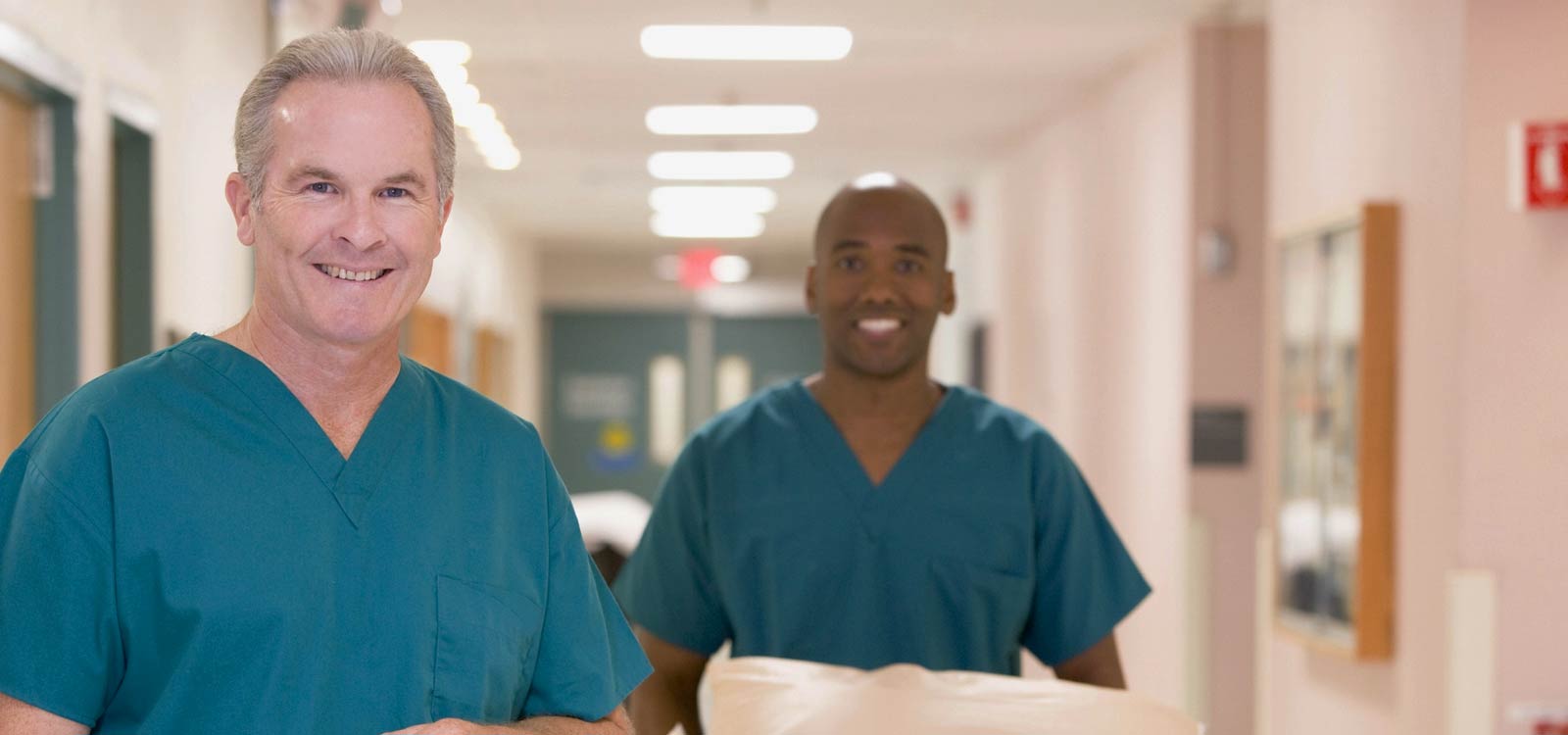Information For Hospitals
 In working with hospitals, Miracles In Sight has two goals. First, we want to ensure that the donors and donor families understand the importance of eye and organ donation, and how grateful we are to them. Second, we want to ensure that the hospital staff is clear on all our processes and procedures, so that the recovery of tissue can be done as quickly and successfully as possible.
In working with hospitals, Miracles In Sight has two goals. First, we want to ensure that the donors and donor families understand the importance of eye and organ donation, and how grateful we are to them. Second, we want to ensure that the hospital staff is clear on all our processes and procedures, so that the recovery of tissue can be done as quickly and successfully as possible.
To achieve the first goal, we have a trained team of transplant donor coordinators who will speak to prospective donor families by phone, explaining to them the importance of the donation and the good it will do, creating a living legacy for their loved one. We strive to receive authorization while at the same time being compassionate and caring.
To achieve the second goal, we have a well-established recovery process:
- When a donor passes away, a hospital staff member makes the referral by calling the donor referral line within one hour of the patient’s passing.
- Miracles In Sight’s trained staff will then evaluate the patient’s donation eligibility. Illness, injury or age may not necessarily make a donor ineligible.
- Our transplant donor coordinator will work with the hospital to establish roles, expectations and next steps.
- We follow specific guidelines for preserving the corneas for donation:
- Our staff will work with you to arrange a conversation between hospital staff and the donor family about donation. We will start by confirming the patient’s donor registry status.
- Our transplant donor coordinators will speak to the family members by phone, talking to them about the patient’s registry status and the importance of cornea donation.
- Once we have received authorization for the donation, we will arrange for the ocular tissue recovery and begin our after-care procedures for the family. The cornea recovery will usually take place at the hospital, but may be also occur at the funeral home or local medical examiner or coroner’s office.
Organ Donation And The Law
A stated decision to become a donor – usually by indicating that fact on a driver’s license – is a legally binding commitment. Most families are relieved to know that their loved one has already made the decision to donate. However, at times the family may question that decision. When that happens, we work with families to help them understand and obey state laws governing the decision to donate. The links below go to the Uniform Anatomical Gift Act (UAGA) for the states in our region:
Organ Donation in North Carolina Organ Donation in South Carolina
Conditions Of Participation (COP) For Organ And Tissue Donation
COP is a Centers for Medicare & Medicaid Services (CMS) regulation that health care organizations must meet in order to begin and continue participation in the Medicare and Medicaid programs. Any hospital that receives Medicare reimbursement must identify and refer all deaths and imminent deaths to the local regional Donor Referral Line.
Review Federal Hospital Conditions of Participation (COP) for Organ and Tissue Donation







